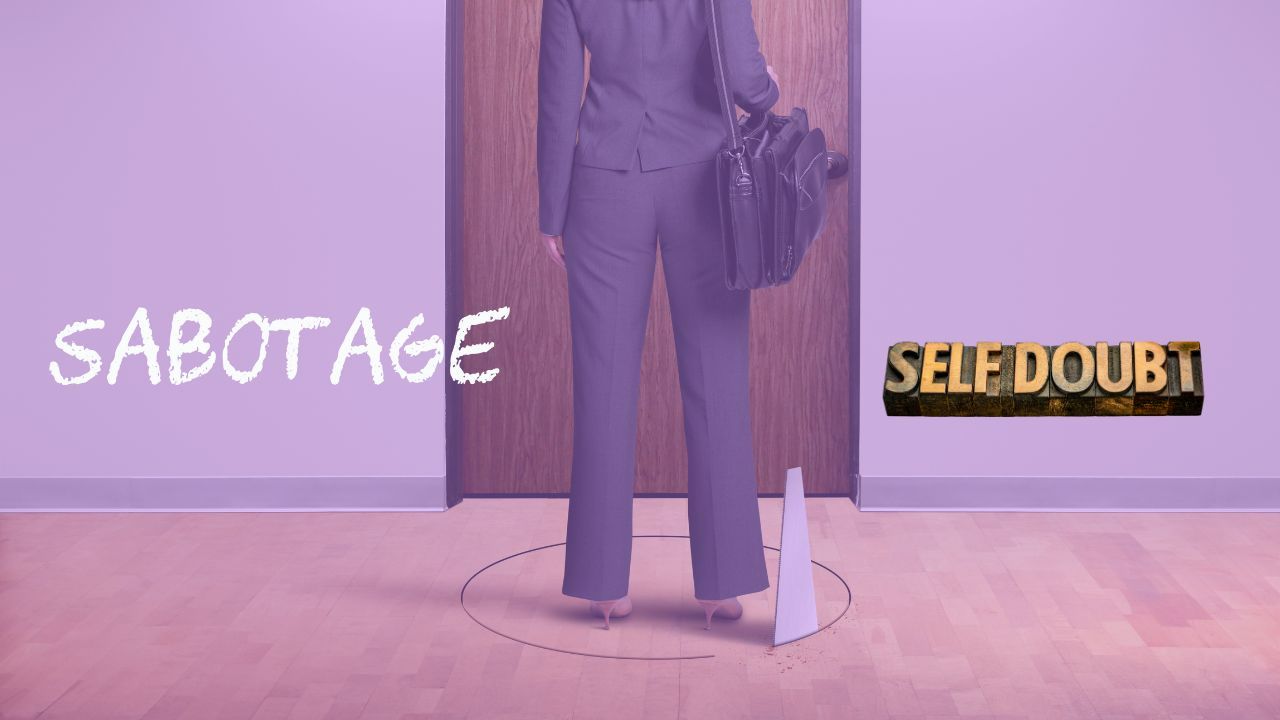
The Drama Triangle, Relationships, and Business: Why Repairing Matters More Than Avoiding
Oct 01, 2025Have you ever noticed how patterns in your dating life show up in business, friendships, or even family relationships? The way we communicate in one area of life almost always spills over into the others. That’s because the common thread isn’t the situation—it’s us.
Recently, I listened to Lewis Howes talk about how his past trauma influenced the people he dated. He realized he was drawn to partners who reflected wounds he needed to heal. And isn’t that so common? Many of us unconsciously pick people who mirror unresolved patterns, almost as if we’re trying to “rewrite” the story through them.
For me, I’ve noticed that emotional unavailability shows up in different ways—in dating, in family dynamics, and sometimes even in business. Recognizing it has helped me ask a deeper question: Am I chasing after what feels familiar, or am I choosing from a healed place?
The Drama Triangle: Roles We All Play
One concept that really hit me is the Drama Triangle, a psychological model by Stephen Karpman that explains dysfunctional relationship dynamics. It’s made up of three roles:
-
The Victim – “Poor me.” Feels powerless, overwhelmed, or at the mercy of circumstances.
-
The Rescuer – “Let me save you.” Takes responsibility for others’ problems, avoids their own issues, and over-delivers (hello, burnout).
-
The Persecutor – “This is your fault.” Criticizes, blames, or controls, often masking their own vulnerability.
Here’s the kicker: we don’t usually stay in one role. We flip between them without realizing it. One moment we’re the victim in dating (“Why does this always happen to me?”), and the next we’re the rescuer in business (undercharging, overdelivering, burning out).
Becoming aware of these patterns is powerful, because it gives us the ability to step out of them.
Fight, Flight, or Fix?
Most of us know the classic responses: fight or flight. But there’s a third option—fix.
Fixing doesn’t mean tolerating toxic behavior or staying in the wrong business partnership. It means asking:
-
What’s really happening here?
-
Why is this issue coming up?
-
Is this problem fixable?
-
Can we move forward with new awareness and new boundaries?
In business, you don’t quit after the first hurdle. You evaluate, you adjust, you keep going. Why don’t we treat relationships the same way? If we can stomach the valleys, we get to experience the peaks.
Relationships That Last Are the Ones That Get Repaired
One line I wrote down from a podcast was this:
“The relationships that last are the ones that get repaired.”
That hit me. Repair takes communication, vulnerability, and a willingness to face discomfort instead of fleeing from it.
I’ve seen this in friendships, like with my friend Nicole. We’ve had disagreements over the years, but instead of cutting ties, we’ve repaired them. And the friendship is stronger because of it.
Too often, we avoid hard conversations and let relationships fade. But what if leaning into repair is actually the thing that creates longevity—whether in love, in business, or in friendship?
Final Thoughts: Awareness Is Power
At the end of the day, it comes down to awareness:
-
What role am I playing in the Drama Triangle?
-
Am I reacting from ego, fear, or old wounds?
-
Or am I choosing to fix, heal, and communicate from a place of growth?
Patterns only lose their power when we recognize them. And whether it’s in dating, business, or family, the truth is the same: healthy communication and repair are what sustain relationships.
So next time you feel yourself slipping into victim, rescuer, or persecutor mode, pause. Ask yourself: What would repair look like here?
Because the relationships worth keeping—the ones that really matter—are the ones you’re willing to repair.
💡 Ready to explore these strategies further? Consider your personal goals, do your due diligence, and create a plan that aligns with both your financial targets and values.
👉 Let’s connect:
Book Your Audacious Wealth Breakthrough Call Now!
#AudaciousFounder #StopSelfSabotage #MindsetMatters #FinancialFreedomJourney #BoldInBusiness #AbundanceMindset #EmotionalWealth #ConsciousInvesting #DoTheInnerWork #MoveForwardBoldly
Stay updated!
About our events, updates and blogs.
We hate SPAM. We will never sell your information, for any reason.
